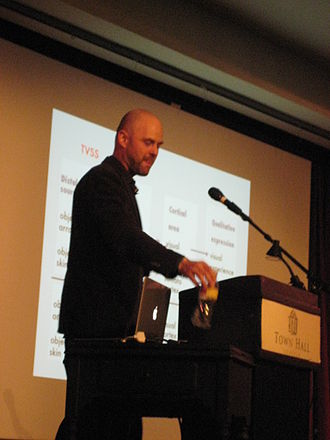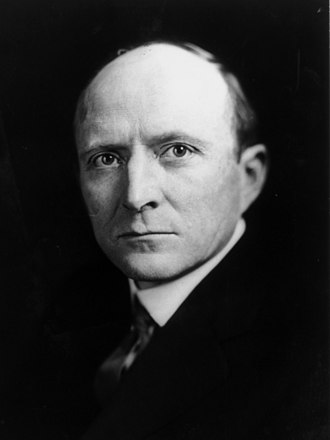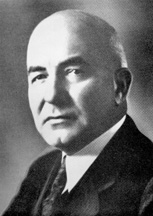Discover Your Roots
SIGN UPDiscover Your Roots
SIGN UPAlva is a gender-neutral name of Scandinavian origin, meaning "Elf." It is a popular name in Sweden and Norway, often used as a feminine form of the name Alf. Additionally, it is a variant of the Hebrew name Alvah, signifying "his highness." Notable individuals with the name include Alva Myrdal, a Swedish sociologist and Nobel Peace Prize winner, Alva Adams, former governor of Colorado, and Alva Belmont, an American suffragette. The name has historical significance, with famous bearers making notable contributions in various fields, including politics, social work, and sports. Alva is a unisex given name that holds a rich cultural and historical significance, making it a meaningful choice for individuals seeking a name with depth and character.

Alva Noë, born in 1964, is a prominent American philosopher renowned for his work in the theory of perception and consciousness. Serving as a Professor of Philosophy at the University of California, Berkeley, Noë's research extends to areas such as cognitive science, analytic phenomenology, the theory of art, and the origins of analytic philosophy. He obtained his B.A. from Columbia University, a B.Phil. from the University of Oxford, and a Ph.D. from Harvard University. Noë's impressive career includes roles as a distinguished professor of philosophy at the Graduate Center of the City University of New York and a post-doctoral research associate at the Center for Cognitive Studies at Tufts University. He has authored several influential books, including "Strange Tools", "Varieties of Presence", "Out of Our Heads", and "Action In Perception". Noë's work often delves into the concept of sensorimotor profile and externalism about the mind and mental content. His contributions to the field of philosophy have earned him prestigious fellowships and accolades, solidifying his position as a leading figure in philosophical discourse.

Alva Blanchard Adams Sr. was an American lawyer and Democratic politician from Pueblo, Colorado. He served as a United States senator from Colorado, being the first U.S. senator from the state who was born in Colorado. Adams was born on October 29, 1875, in Del Norte, Colorado Territory, and received his education at the Phillips Academy in Massachusetts and Yale University, graduating in 1896. He then earned his law degree from Columbia Law School in 1899 and began his law practice in Pueblo, Colorado. Throughout his political career, he held various positions, including county attorney of Pueblo County, regent of the State University of Colorado, and city attorney of Pueblo. He also served in the United States Army Judge Advocate General's Corps during World War I. Adams was appointed to the U.S. Senate in 1923 and later won the Democratic primary for the Senate seat in 1932, serving until his death in 1941. He was known for his advocacy on various issues and committee assignments during his tenure. Alva B. Adams passed away from a heart attack in Washington, D.C., just days before the Japanese attack on Pearl Harbor in 1941.

Alva Moore Lumpkin (November 13, 1886 – August 1, 1941) was a prominent figure in American law and politics. Born in Milledgeville, Georgia, Lumpkin later moved to Columbia, South Carolina, where he pursued a successful career in law and public service. After obtaining a Bachelor of Laws from the University of South Carolina School of Law, he embarked on a distinguished legal career, serving as a member of the South Carolina House of Representatives and holding various other governmental positions.In 1939, Lumpkin was nominated by President Franklin D. Roosevelt to serve as a United States district judge for the Eastern and Western Districts of South Carolina, a position he held until 1941. His legal acumen and dedication to public service led to his appointment as a United States senator from South Carolina, a role he assumed shortly before his untimely passing in 1941.Lumpkin's contributions to the legal and political landscape of the United States are remembered to this day, and his legacy continues to inspire those in the legal and political spheres. He was interred in Elmwood Cemetery in Columbia, South Carolina, leaving behind a lasting impact on the nation's history.

Alva Geikie, born on January 29, 1936, in Melbourne, Victoria, is an influential Australian feminist activist known for her pivotal role in the women’s liberation movement. Geikie co-founded the Women’s Action Committee in 1970 and was actively involved in various campaigns and actions advocating for women's rights. Her dedication and contributions to community activism were honored with the prestigious Edna Ryan Award in 2005. Geikie's activism extended to organizing the Equal Pay Tram Ride, participating in pro-choice rallies, and advocating against men-only public bars. She was also instrumental in founding the Women’s Liberation Centre and was actively involved in Vashti’s Voice and the Women’s Abortion Action Campaign. Her remarkable legacy is preserved at the State Library of Victoria through her collection of papers, including original documents, photographs, speeches, and newsletters, as well as her two-volume history, The Women’s Action Committee and the Women’s Liberation Movement, Melbourne 1969–1975. Alva Geikie's significant contributions have been featured in the 2021 documentary film, BRAZEN HUSSIES, which explores the origins of the Australian Women's Liberation Movement.

Alva Johnston (August 1, 1888 – November 23, 1950) was an influential American journalist and biographer, renowned for his Pulitzer Prize-winning journalism in 1923. Born in Sacramento, California, Johnston's career took off at the Sacramento Bee in 1906 before he went on to contribute to esteemed publications such as The New York Times, The New Yorker, and The Saturday Evening Post. He played a pivotal role in shaping the profile as a journalistic form. His notable works include "The Great Goldwyn" (1937), a biography of Samuel Goldwyn, and "The Legendary Mizners" (1953), an exploration of Addison and Wilson Mizner. Johnston's dedication to his craft and his impactful contributions to journalism and biographical writing solidified his legacy in the literary world. He passed away on November 23, 1950, in Bronxville, New York.
All images displayed on this page are sourced from Wikipedia or Wikimedia Commons.We use these images under their respective Creative Commons or public domain licenses. Wherever applicable, author attributions and license information are provided. If you believe an image is used incorrectly or outside its license terms, please contact us so that we can review and correct the issue.